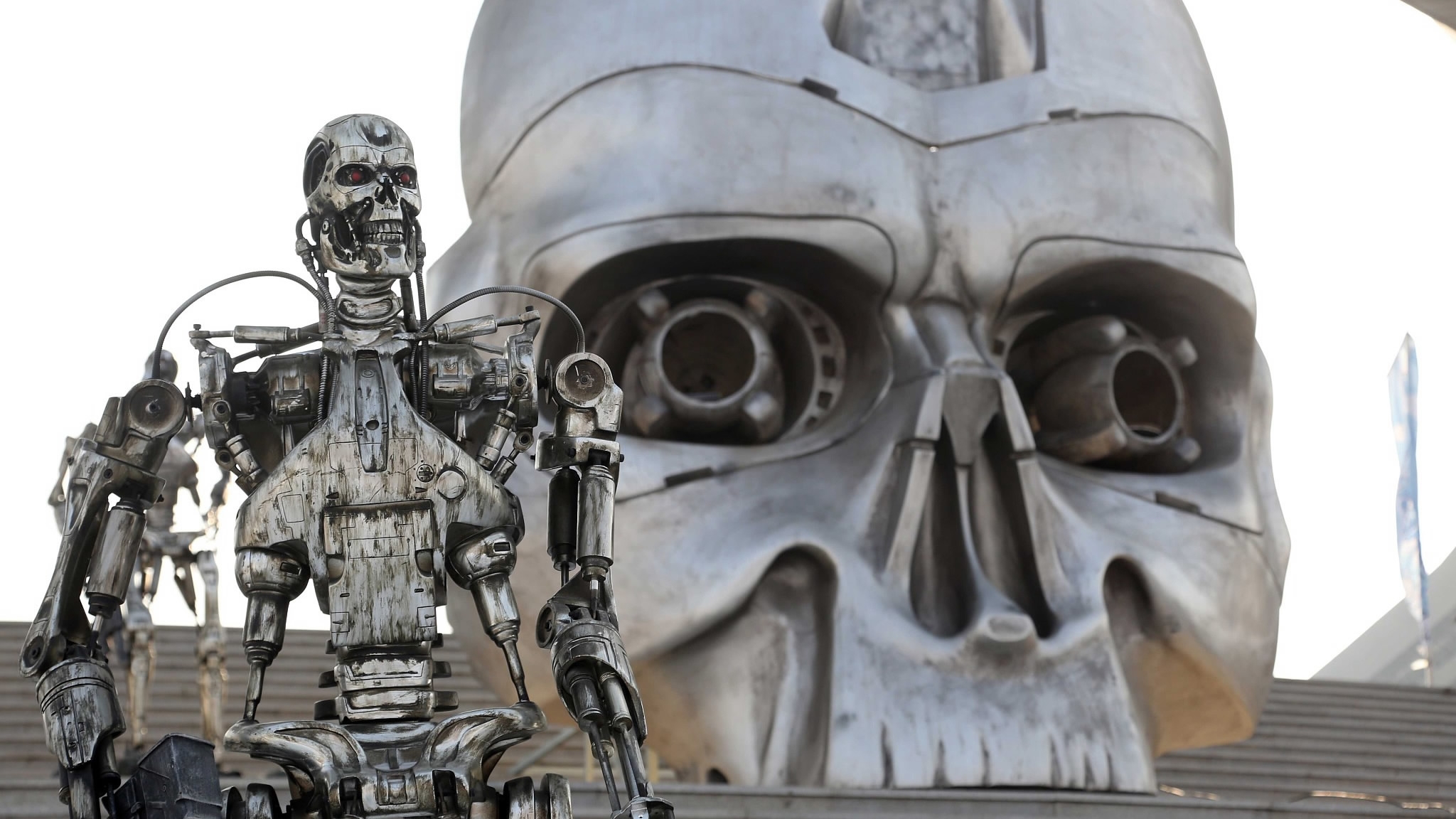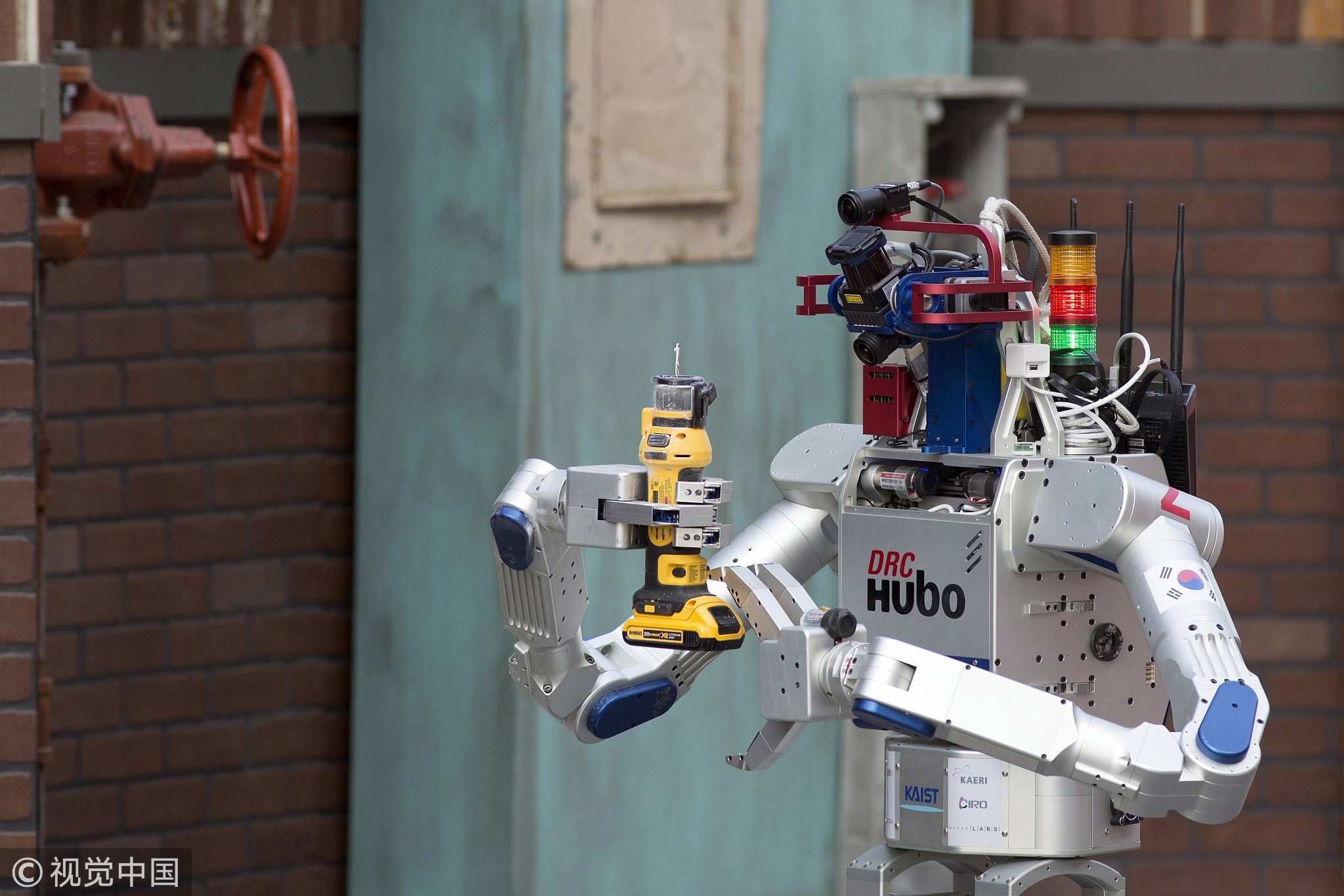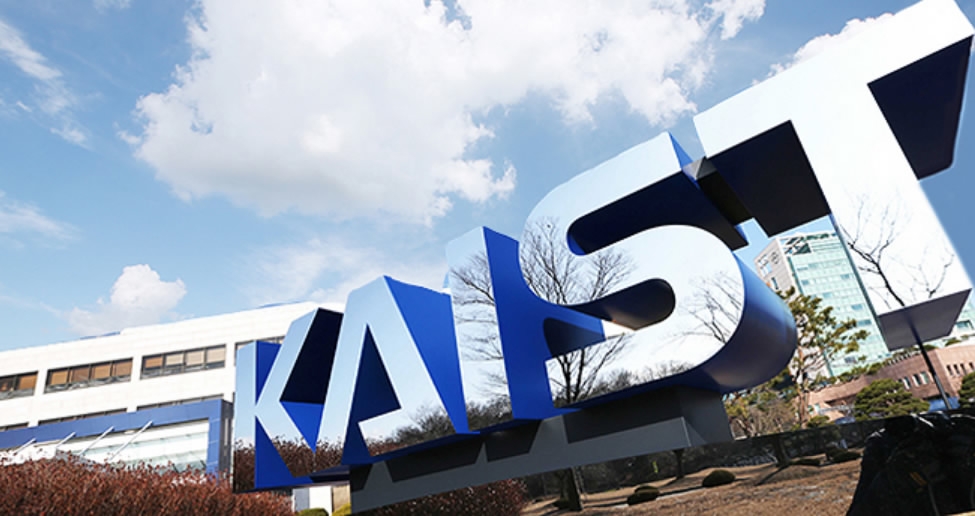
World
14:01, 06-Apr-2018
AI experts call for boycotting S. Korea university on developing ‘killer robots’
CGTN

Artificial intelligence (AI) experts across the world are boycotting a South Korea’s top university for its alleged involvement in developing “killer robots,” saying that “Pandora’s box will be hard to close if it is opened.”
More than 50 leading AI researchers from 30 different countries and regions have signed an open letter boycotting the Korea Advanced Institute of Science and Technology (KAIST), concerning about their collaboration with the country’s leading arms manufacturer Hanwha Systems that could lead to AI-powered weapons.

More than 50 leading AI researchers from 30 different countries have signed an open letter boycotting KAIST. /Screenshot
More than 50 leading AI researchers from 30 different countries have signed an open letter boycotting KAIST. /Screenshot
In the letter, the group of experts cited the Korea Times that goals of the KAIST are to "develop artificial intelligence (AI) technologies to be applied to military weapons, joining the global competition to develop autonomous arms."
If such autonomous weapons are developed, the letter claimed, war will be fought faster and at a scale greater than ever before. Terrorists may potentially acquire the weapons as well, extremely rising concerns about safety.
"There are plenty of great things you can do with AI that save lives, including in a military context, but to openly declare the goal is to develop autonomous weapons and have a partner like this sparks huge concern," Toby Walsh, the organizer of the boycott and a professor at the University of New South Wales, told the Guardian.
The boycott would forbid all contact and academic collaboration with KAIST until the university makes assurances that the weapons it develops will have "meaningful human control."

The DRC-Hubo robot developed by KAIST. /VCG Photo
The DRC-Hubo robot developed by KAIST. /VCG Photo
KAIST’s president Sung-Chul Shin said in a statement that he was "saddened" to hear of the boycott, reaffirming that the academic institution "does not have any intention to conduct any research activities counter to human dignity, including autonomous weapons lacking meaningful human control."
However, Professor Toby Walsh who had been seeking clarity on the center’s activities since early March told Times Higher Education (THE) that the KAIST’s respond still left “some questions unanswered.”
KAIST’s partner Hanwha Systems is involved in the production of cluster munitions which are prohibited under the UN Convention on Cluster Munitions. The company also participated in developing autonomous weapons that has been deployed on the border between DPRK and ROK, according to The Verge.

The campus of KAIST. /Screenshot
The campus of KAIST. /Screenshot
In July 2015, thousands of AI researchers from around the world signed an open letter to the United Nations (UN) calling for a ban on offensive autonomous weapons beyond meaningful human control.
In August 2017, over one hundred founders of AI and robotics companies, including Elon Musk and Google DeepMind’s Mustafa Suleyman, signed a similar letter calling on the UN to act on the issue.
The UN began formal discussions about a possible ban on autonomous weapons in November 2017, meanwhile twenty-two countries have called for a pre-emptive ban on such arms.
Next week, the United Nations Group of Government Experts on Lethal Autonomous Weapons Systems will discuss in Geneva, Switzerland how to contain the threat posed to international security by autonomous weapons.

SITEMAP
Copyright © 2018 CGTN. Beijing ICP prepared NO.16065310-3
Copyright © 2018 CGTN. Beijing ICP prepared NO.16065310-3